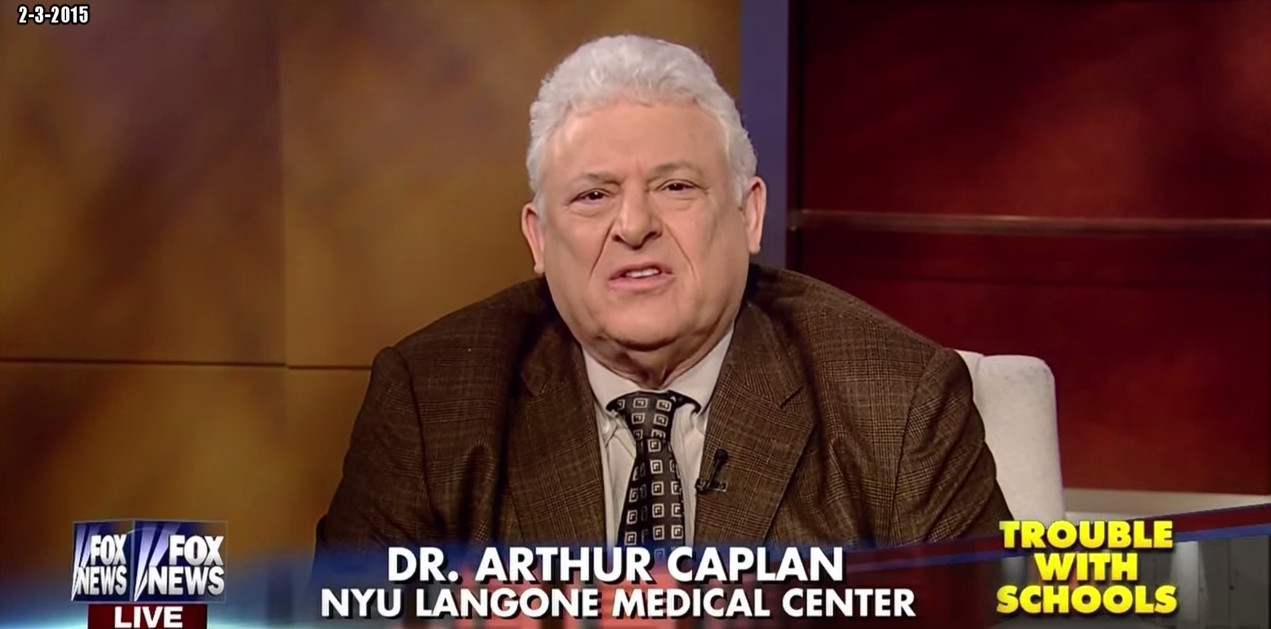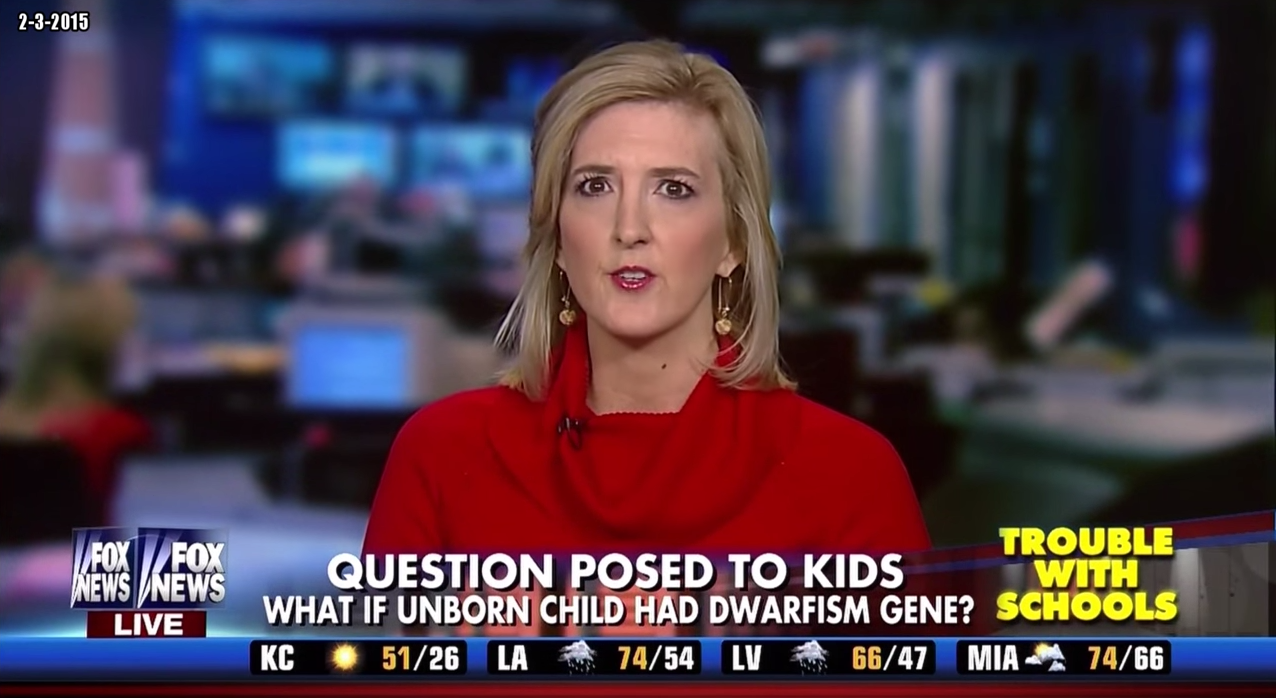
A question asked during an Oklahoma high school biology class has cause to outrage parents across the country.
The question, posed in multiple choice form, asks Edmund Public School ninth grade students, ages 14 to 15, to decide whether a baby in the womb with a possible birth defect should be born with the gene, given therapy to repair the gene, or terminated.
The question reads as follows:
“You’ve found out that the child you (or your wife) carries has the gene for dwarfism. A new therapy exists that may repair this gene before the child is born.
“What do you do?
A. Allow the child to be born with the gene, and we will accept the child as is.
B. Attempt the new therapy to repair the gene.
C. Terminate pregnancy.”
A guest on the Fox News segment, Dr. Arthur Caplan said that such a question, while controversial, is appropriate for high school students.

“Well I’m not sure I’m thrilled about a multiple choice answer…” Dr. Caplan said. “But I do want kids starting to wrestle with questions about what the new genetics means.”
The NYU Langone Medical Center ethics professor continued,
“The kinds of questions those kids are being asked come up every day for couples. I want to hear their reasons. I want them to think. I want them to develop a moral compass for the future.”
In contrast, Dr. Amber Northern, Vice President of Research at the Thomas P. Fordham Institute, argued that such “socially divisive moral” questions should be kept out of the classroom.

“No way," she said. "This belongs in a college course if anywhere. These are ninth grader kids in a high school biology class.”
Dr. Northern continued, “These kids are too young. These are conversations to be had at home with parents.
“These are socially divisive moral issues that do not belong in the classroom.”
She suggested that, instead of delving into "uncomfortable social issues" like abortion, biology teachers “make genetics interesting” with lessons on DNA mapping that keep with the state's academic standards.
“Great science teachers can make genetics interesting without diving into uncomfortable social issues.”
Dr. Caplan disagreed with the notion that ninth grade high school students are too young to be dealing with these "tough issues."
“Well I think it is age appropriate. They’re tough issues. I’m not saying kids have to come up with an answer for a lifetime, but they need to begin to think about them.”
“I think a high school kid not only can do this. I think they’re well aware of these issues. They have the internet. They see TV. They see people with disabilities and differences. They’re already starting to think, what do I do if I faced having a child with a disability, or is abortion something I even want to contemplate?”
“I think ninth grade is the time to start.”
Following parents' complaints and criticism, the Edmund Public School issued an apology that the question "posed to incite discussion" would be one “best held in the home.”
Dr. Northern added that such a question has nothing to do with fulfilling the state’s academic standards for a science curriculum.
“Teachers are supposed to be teaching the science standards,” she said.
“Teachers are not free to bring up any socially divisive issue in their classroom. They work for the state of Oklahoma.”
Watch the rest of the debate below.
